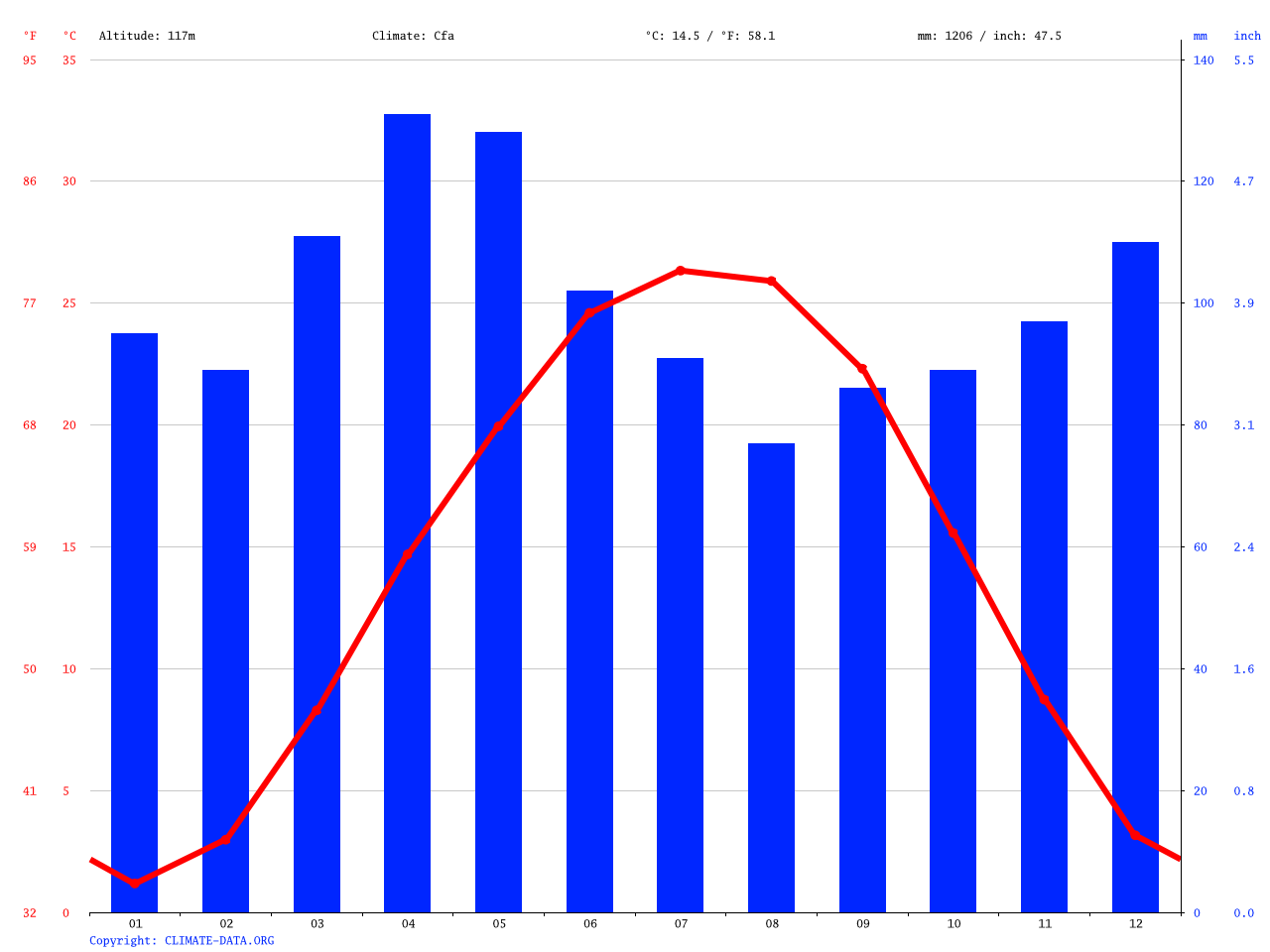Evansville Weather Patterns

Evansville, Indiana, experiences a humid subtropical climate, characterized by hot, humid summers and cold, snowy winters. The city’s average annual temperature is 55.3°F (12.9°C), with an average high of 66.2°F (19°C) and an average low of 44.4°F (6.9°C).
Evansville’s location in the Midwest, near the confluence of the Ohio and Wabash rivers, influences its weather patterns. The city is often affected by air masses from both the Gulf of Mexico and the Arctic, resulting in a wide range of weather conditions throughout the year.
Precipitation Patterns
Evansville receives an average of 44.1 inches (112 cm) of precipitation annually, which is distributed fairly evenly throughout the year. However, the city is prone to occasional heavy rainfall events, especially during the spring and summer months.
Humidity Levels
Evansville’s humidity levels are generally high, with an average relative humidity of 72%. The city’s humid climate can make it feel hotter in the summer and colder in the winter than the actual temperature would suggest.
Extreme Weather
Evansville is occasionally affected by extreme weather events, such as tornadoes, hailstorms, and flooding. The city is also located in an area that is prone to derechos, which are widespread, long-lived windstorms that can cause significant damage.
Extreme Weather Events in Evansville: Evansville Weather
Evansville weather – Evansville, Indiana, is prone to a variety of extreme weather events, including tornadoes, severe thunderstorms, and flooding. These events can cause significant damage to infrastructure and property, and can even be life-threatening.
One of the most common extreme weather events in Evansville is tornadoes. The city is located in Tornado Alley, a region of the United States that is particularly prone to tornadoes. In fact, Evansville has been hit by several major tornadoes in recent years, including the EF4 tornado that struck the city in 2005.
Severe thunderstorms are another common occurrence in Evansville. These storms can produce high winds, hail, and lightning. In some cases, severe thunderstorms can even spawn tornadoes.
Flooding is also a major concern in Evansville. The city is located on the Ohio River, which is prone to flooding during heavy rains. In addition, Evansville is home to several creeks and rivers that can also overflow during heavy rains.
Potential Impacts of Extreme Weather Events
Extreme weather events can have a significant impact on Evansville’s infrastructure and population. Tornadoes can cause widespread damage to buildings, roads, and bridges. Severe thunderstorms can also cause damage to infrastructure, and can also lead to power outages and flooding. Flooding can damage homes and businesses, and can also make roads impassable.
In addition to the physical damage they can cause, extreme weather events can also have a psychological impact on the population. These events can be frightening and stressful, and can lead to anxiety and depression.
Climate Change and Evansville’s Weather

Climate change is a pressing global issue with significant implications for local weather patterns. Evansville, Indiana, is not immune to these changes, and its weather is expected to be affected in several ways.
Temperature Changes, Evansville weather
Rising global temperatures are likely to lead to warmer winters and hotter summers in Evansville. The city’s average annual temperature has already increased by about 2 degrees Fahrenheit since the late 19th century, and this trend is expected to continue. Warmer temperatures can have a range of impacts, including increased heat-related illnesses, reduced air quality, and changes in plant and animal life.
In the tapestry of Evansville’s weather, the threat of tornadoes looms, a thread of caution that runs through the city’s seasons. But with the tornado tracker , we have a watchful eye, a beacon of safety that keeps us informed and prepared.
As the skies dance and the winds whisper, we trust in this technological marvel, knowing that it stands guard over our city, protecting us from the fury of the storm.
As the sun casts its golden rays upon Evansville, its weather is a symphony of changing seasons. From the crisp embrace of winter to the vibrant hues of autumn, each season paints a unique tapestry. Yet, a short drive away, in the charming town of Mt.
Vernon, Indiana , the weather whispers a different tale. With its rolling hills and serene riverfront, Mt. Vernon offers a respite from the bustling city, inviting you to bask in the tranquility of nature.